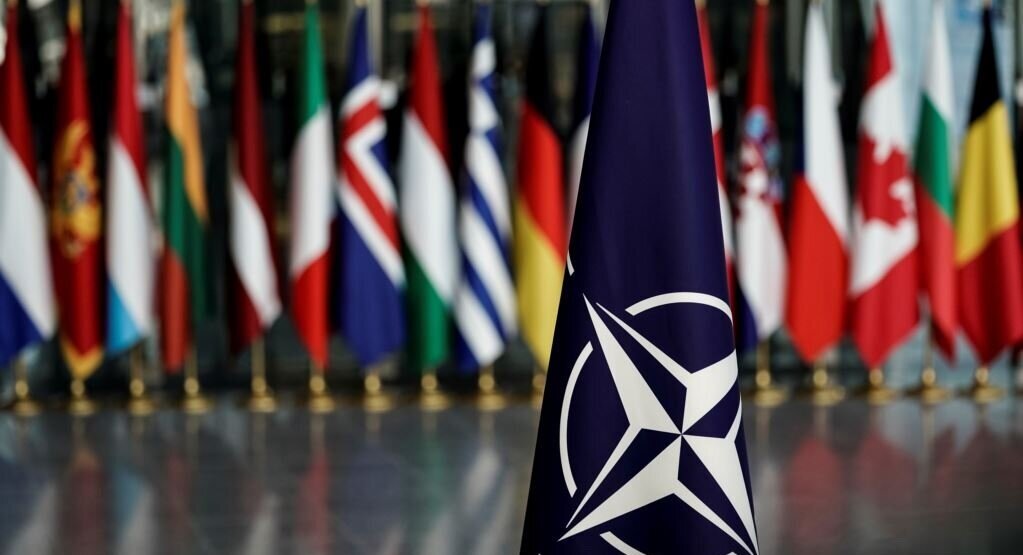The generation living in the aftermath of World War II understood the value of these structures intrinsically. The most effective and efficient way to protect the American homeland and the economy was through global engagement and forward defense. Today, the barriers between nations and empowered subnational actors continue to shrink in the midst of a peacetime international system that is increasingly dominated by competition and coercion between great powers.
#Reviewing NATO and Article 5
#Wargaming Unpredictable Adversaries (and Unreliable Allies)
One challenge in wargaming, and especially political-military (POL-MIL) games, is how to best model the behavior of unpredictable, even apparently irrational, foes. Is the mercurial behavior of North Korea’s “Supreme Leader” Kim Jong-un, Boko Haram in northern Nigeria, or Joseph Kony of the Lord’s Resistance Army truly irrational, or is it simply the product of a very different set of interests and objectives sustained by a very different world-view? To what extent do seemingly erratic aspects of their strategic behavior derive instead from factors we don’t understand well, such as internal politics or decision-making process? It has been well established since the POL-MIL wargaming of the 1950s and 1960s that actions that one actor believes to be rational signals of intent or deterrence are often entirely misunderstood by their intended recipient, in large part because they are deeply shaped by internal decision making processes that opponents fail to appreciate or understand. How do we incorporate this into wargames when, almost by definition, we do not fully understand what is going on?




